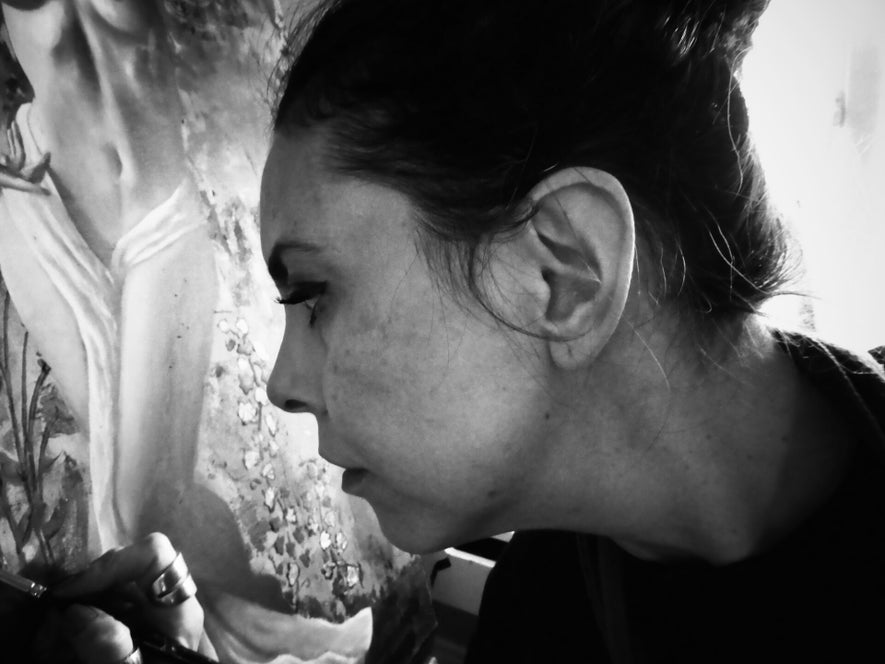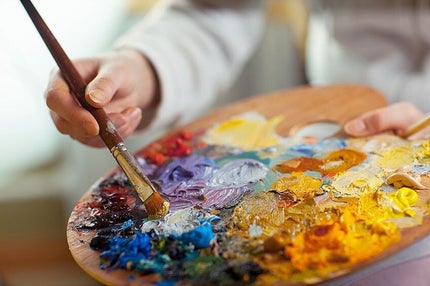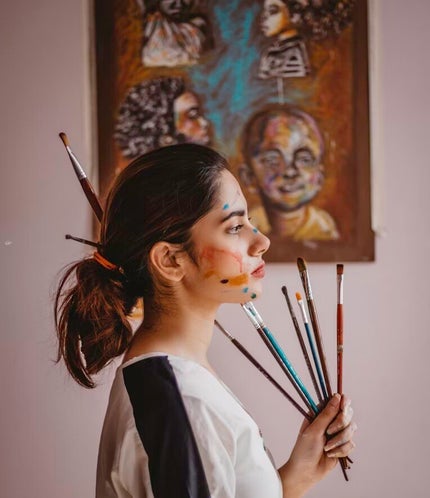
Behind every great artist, lies endless hours of practice—the key to refining skills, building confidence, and unlocking creativity. Whether you're a seasoned painter or just starting out, consistent practice is the driving force behind artistic growth.
Why Practice Matters in Painting
Painting isn’t just about inspiration or raw talent—it’s about dedication and refinement. Here’s why regular practice is crucial:

1. Enhances Technique Over Time
Mastering brush control, color blending, and composition doesn’t happen overnight. Each stroke refines motor skills, deepens understanding of textures, and builds precision. Whether experimenting with abstract art, realism, or impressionist techniques, practice helps you transition from hesitant strokes to confident masterpieces.
2. Boosts Creativity & Problem-Solving Skills
Artists who paint consistently don’t just improve their technical abilities—they train their brains to think creatively. Painting regularly encourages you to find new perspectives, explore different textures, and push boundaries beyond comfort zones. It also helps you develop problem-solving abilities when tackling challenges like color harmony, spatial composition, or detailing.
3. Builds Muscle Memory & Natural Flow
Painting, like playing an instrument or sports, relies heavily on muscle memory. With time, your hands instinctively know the pressure, speed, and angle required for different effects. This leads to fluid movements, allowing brush strokes to feel effortless rather than forced.
4. Overcomes Creative Blocks & Fear of Failure
Every artist experiences creative blocks—that moment when inspiration feels distant and confidence wavers. The best remedy? Keep painting. Through consistent practice, you retrain your mind to push through these mental barriers. Whether it’s experimenting with new techniques, switching mediums, or painting without judgment, regular sessions help you maintain artistic momentum.
5. Increases Confidence & Personal Style Development
There’s something magical about watching your progress unfold. Each painting holds lessons, and with consistent dedication, you refine your unique artistic style. The more you practice, the more assured and expressive your strokes become, allowing your personality to shine through in your artwork.
How to Incorporate Practice into Your Routine
Many artists struggle with making time for practice—but setting realistic goals can make all the difference.
- Schedule Dedicated Painting Sessions – Treat painting as a commitment, whether daily or weekly.
- Experiment with Different Mediums – Challenge yourself with watercolors, acrylics, oils, or mixed media.
- Engage in Quick Sketching – Strengthen composition and perspective by sketching regularly.
- Analyze and Reflect – Identify what works and areas needing improvement.
- Join an Art Community – Learn from fellow artists, exchange ideas, and find motivation.
Investing in Practice Helps You Stand Out in the Art Market
For artists selling their work, consistent practice is even more important. Buyers seek paintings that reflect mastery, originality, and emotion. The more you hone your skills, the more compelling your paintings become—ultimately increasing their value in the competitive art world.

Final Thought: Are You Prioritizing Your Artistic Growth?
Talent alone isn’t enough—consistent practice is the bridge between aspiration and mastery. Whether you’re painting for passion or selling artwork**, dedicating time to refining your technique will make all the difference.
What’s the biggest challenge you face when trying to practice painting consistently?
How do you keep yourself motivated to improve your artistic skills?
Let m know if the coment below


Add comment
Comments